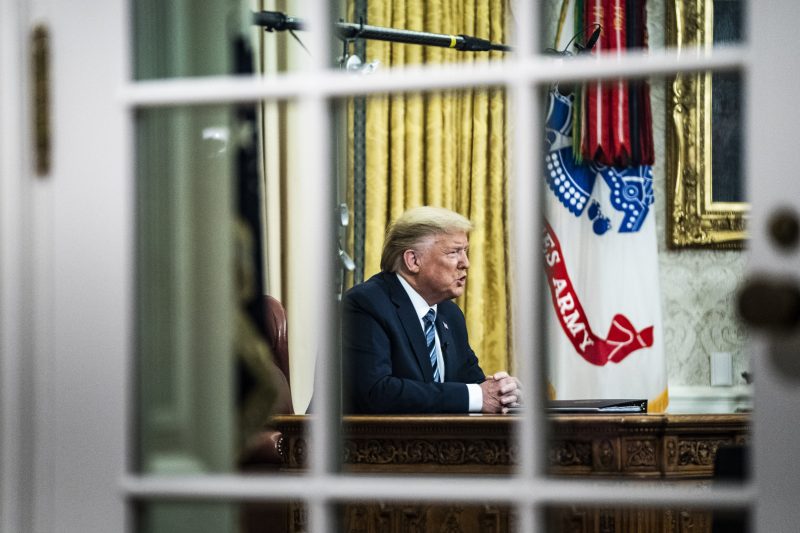
Unleashing the Ultimate Presidential Pandemonium: The Immunity Murder Scenario
In exploring the intricacies of presidential immunity in the context of a murder hypothetical, it is imperative to first understand the framework that governs legal proceedings involving high-ranking public officials. The notion of presidential immunity stems from the principle that individuals holding certain public offices are granted a degree of protection from legal actions as a means to uphold the functioning of government and avoid potential disruptions due to legal distractions. However, this immunity is not absolute and does not shield individuals from accountability in all circumstances.
In the hypothetical scenario of a sitting president being accused of murder, the issue becomes more complex and raises questions about the extent of immunity that can be granted in such a situation. While the president may enjoy protection from civil lawsuits and certain criminal proceedings while in office, the gravity of the accusation of murder presents a unique challenge to the concept of presidential immunity.
The principle of equal justice under the law underscores the idea that no one, regardless of their position or status, is above the law. In the face of such a serious accusation, the president would likely face intense scrutiny and pressure to address the allegations in a transparent and accountable manner. The potential impact on public trust and the integrity of the office of the presidency cannot be understated, making it essential to navigate this situation with the utmost care and respect for due process.
Moreover, the constitutional framework and separation of powers in the United States serve as a critical check on executive authority, ensuring that no individual, including the president, can act with unchecked power or immunity. The role of Congress in overseeing the executive branch and the power of the judiciary to review and interpret the law provide important safeguards against abuses of power or attempts to evade accountability.
In the event that a sitting president were to be formally charged with murder, the legal process would undoubtedly be complex and contentious. The need to balance the requirements of justice with the responsibilities of high office would present a significant challenge for all involved. The determination of guilt or innocence would be subject to intense legal scrutiny, with the potential for a constitutional crisis looming large.
Ultimately, the hypothetical scenario of a sitting president facing murder charges underscores the delicate balance between the rule of law and the necessity of effective governance. While the concept of presidential immunity serves a valuable purpose in protecting the functioning of government, it must be considered within the broader context of accountability and the principles of justice and equality. In navigating such a challenging situation, it is essential to uphold the principles of transparency, integrity, and the rule of law to preserve the foundations of democracy and the trust of the American people.
